Letter from the President & CEO
When the founder of BRAC, Sir Fazle Hasan Abed, passed away last December, I couldn’t help but reflect on the millions of people touched by his life, while also recalling the first time I met Abed and how much he changed mine. I had visited Bangladesh in early 2016, before joining BRAC USA, as part of a consortium of organizations whose missions supported financial inclusion. BRAC hosted a week of meetings on the topic, concluding with visits to its Ultra-Poor Graduation (UPG) program.
As I sat with the various groups of women participating in the UPG program and learned more about it, I remember being incredibly impressed by the scale and scope of BRAC’s work in Bangladesh and beyond. Millions reached. Millions more leaving poverty behind – for good.
And there, on the last day of the trip, in his humble office, was the man behind it all: Sir Fazle. What struck me then was his defiance of the mantle. He displayed no ego. Informal and intimate, Abed had a quiet energy that gently hummed with possibility. As if he alone could see into the future and grasp the vast potential of ending poverty.
But there is a tendency to get caught up in the great man theory of leadership, and no one denied this characterization more vociferously than Abed. He understood it was people themselves that held the key. Just last August, in a letter to staff upon his retirement, he wrote:
“The passion of my lifetime has been to work with people living in poverty and to see them, with the right resources and opportunities, transform into agents of change in their own lives, families and communities. The inequalities that create divisions of rich and poor, powerful and powerless, are made by humans. So change is also possible through human acts of compassion, courage, and conviction. I have spent my life watching optimism triumph over despair when the light of self-belief is sparked in people. As a team, I want us to keep lighting these sparks.”
Because of his moral leadership, Sir Fazle believed individual choices mattered most. Never has this belief mattered more. When 2020 began, the coronavirus seemed a distant threat. Today, the devastation that COVID-19 has wrought is unlike anything I’ve ever seen. The impact on lives and livelihoods around the world is devastating, and has only invested our work with more urgency than ever.
In the pages below, you’ll see some of that work, from our expansion into Rwanda to new emphases on disability-inclusion and digital innovation in our programs. What I hope you will also find is Abed’s call to action to spark light manifested in improvements in the lives of millions of people. That is what I see: The collective impact of individual actions.
Your support, your contributions, and your advocacy for vulnerable people is what makes this progress possible. Four years ago, when I met Abed, his vision inspired me. Today, I am privileged to join you in carrying it forward – to create opportunity for people living in poverty to realize their potential. Or, as Abed would have said: to spark light.
Keep the light,
Donella Rapier
“The passion of my lifetime has been to work with people living in poverty and to see them, with the right resources and opportunities, transform into agents of change in their own lives, families, and communities. The inequalities that create divisions of rich and poor, powerful and powerless, are made by humans. So change is also possible through human acts of compassion, courage, and conviction. I have spent my life watching optimism triumph over despair when the light of self-belief is sparked in people. As a team, I want us to keep lighting these sparks.”
—Sir Fazle Hasan Abed
BRAC is a global leader in developing and implementing cost-effective, evidence-based programs to empower the most marginalized people in extremely poor, conflict-prone, and post-disaster settings.
Founded in Bangladesh in 1972, BRAC now touches the lives of more than 100 million people across 11 countries in Asia and sub-Saharan Africa. BRAC takes a holistic approach to alleviating poverty, running programs in education, healthcare, microfinance, women’s and girls’ empowerment, agriculture, human and legal rights, and more. With a total global expenditure of more than $1 billion, a majority of its budget in Bangladesh is self-financed through its own activities, including social enterprises and microfinance. In 2020, it was ranked the top NGO in the world by NGO Advisor for the fifth consecutive time.
About BRAC USA
Based in New York, BRAC USA is the North American affiliate of BRAC. BRAC USA provides comprehensive support to BRAC around the world by raising awareness about its work to empower the poor in 11 countries and mobilizing resources to support programs. BRAC USA works closely with its international counterparts to design and implement cost-effective and evidence-based poverty innovations worldwide. BRAC USA is an independent 501(c)(3) organization.
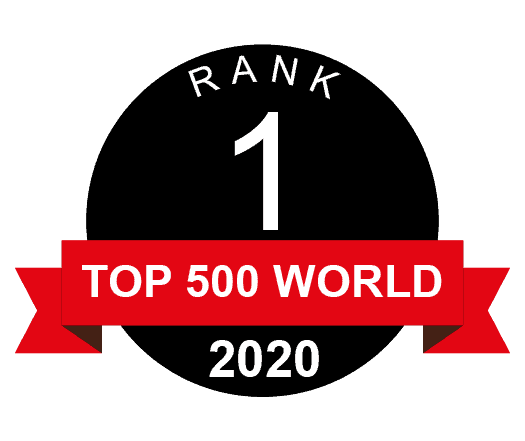

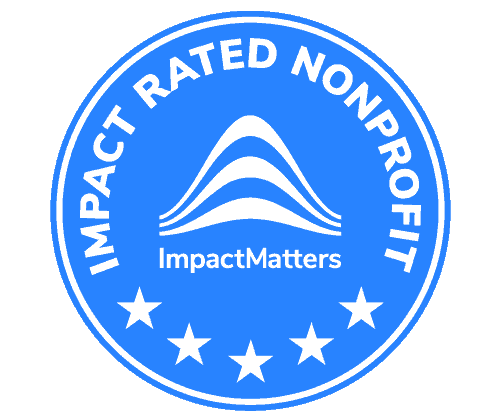

Founded in Bangladesh in 1972, BRAC now touches the lives of more than 100 million people across 11 countries in Asia and sub-Saharan Africa. BRAC takes a holistic approach to alleviating poverty, running programs in education, healthcare, microfinance, women’s and girls’ empowerment, agriculture, human and legal rights, and more. With a total global expenditure of more than $1 billion, a majority of its budget in Bangladesh is self-financed through its own activities, including social enterprises and microfinance. In 2020, it was ranked the top NGO in the world by NGO Advisor for the fifth consecutive time.
About BRAC USA
Based in New York, BRAC USA is the North American affiliate of BRAC. BRAC USA provides comprehensive support to BRAC around the world by raising awareness about its work to empower the poor in 11 countries and mobilizing resources to support programs. BRAC USA works closely with its international counterparts to design and implement cost-effective and evidence-based poverty innovations worldwide. BRAC USA is an independent 501(c)(3) organization.
Board of Directors
James Carlson
Richard A. Cash, MD, MPH
Lincoln C. Chen, MD
Michael Goroff
Ronald Grzywinski
Brigit Helms (2020)
Barbara Lucas (2020)
Ann J. Miles (2020)
Crispin Murira
Raymond C. Offenheiser
Donella Rapier
Asif Saleh
Jim Torrey
Debra Wetherby
Programs
2M
households graduated out of
ultra-poverty in Bangladesh
13
countries where BRAC has
developed Graduation programs
7+
years economic benefits are
sustained after the program
Ending extreme poverty
While the world has made significant progress reducing poverty in recent decades, extremely poor families are now concentrated in places where poverty remains intractable, including sub-Saharan Africa and fragile, conflict-affected states. Right now, more than 400 million people live in a precarious state of extreme poverty so severe that traditional development interventions fail to reach them.
BRAC’s Ultra-Poor Graduation approach, a holistic intervention that integrates the transfer of an asset such as a cow or goat, financial and savings education, technical and life skills training, and ongoing support and mentorship, supports households stuck in this poverty trap by providing a pathway out of destitution in just two years. BRAC also works to amplify its impact globally by supporting governments and others to adapt the Graduation approach and conducting complementary advocacy efforts.
2019 was a pivotal year for Graduation efforts around the world. BRAC celebrated reaching more than two million households with the comprehensive intervention in Bangladesh, and kicked off Liberia’s first Graduation pilot. Our Graduation team launched numerous new strategic advocacy activities – deepening partnerships with the World Bank, International Fund for Agricultural Development, and the Asian Development Bank, among others – and expanded advisory services into Guinea, India, Pakistan, and Rwanda, along with launching a disability inclusion pilot in Uganda. BRAC also wrapped up a Graduation pilot in Kenya that reached more than 2,600 women and youth.
As a new decade approaches, BRAC is committed to scaling the Graduation approach through direct implementation, technical assistance, and advocacy efforts to ensure millions of more people around the globe can forge a sustainable pathway out of ultra-poverty and no one is left behind.
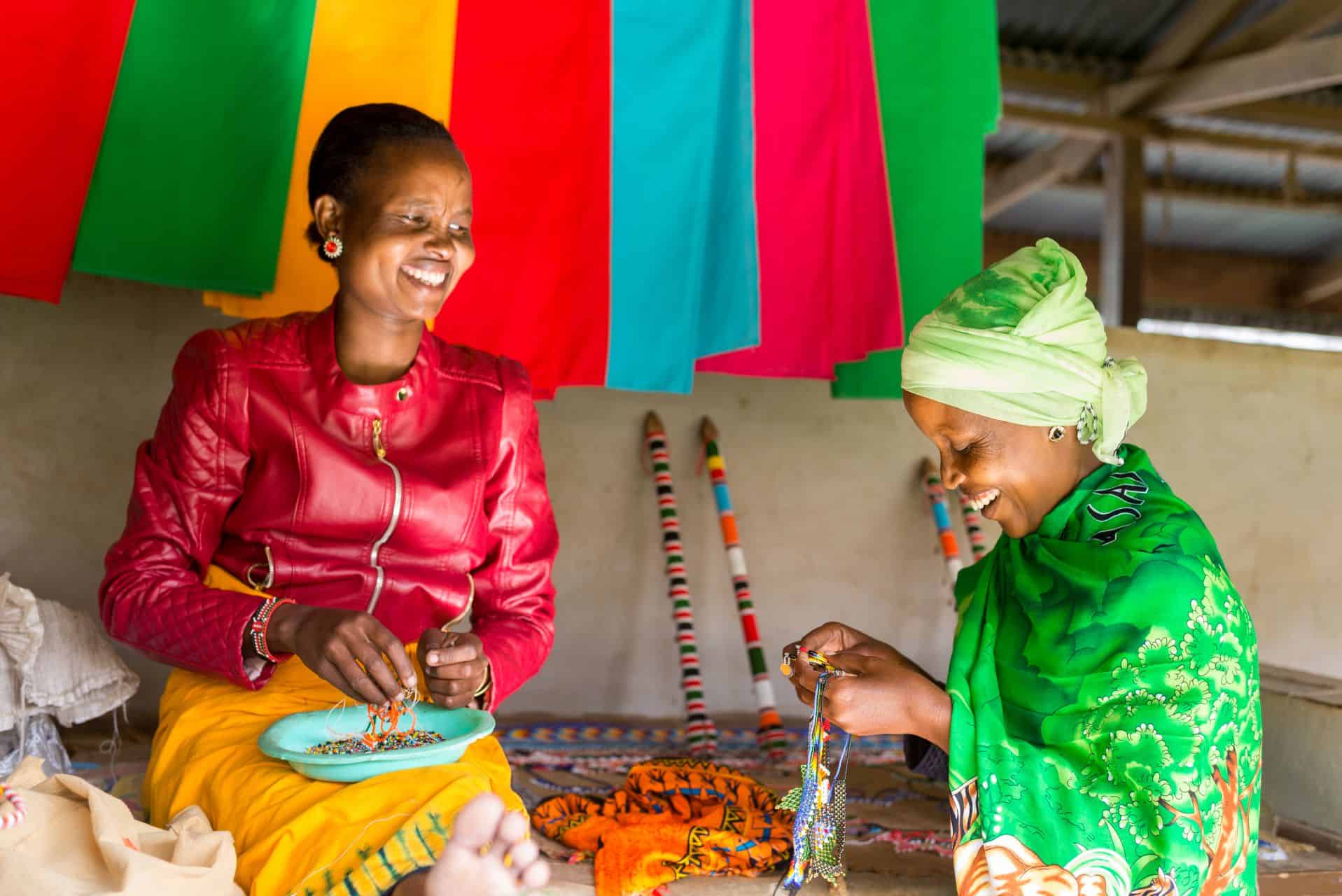
A mother’s love
Ishita and her mother, Manju, live in Cox’s Bazar, Bangladesh, where the local economy was upended by the effects of the Rohingya humanitarian crisis. After the influx of refugees in 2017, costs rose and wages fell. To provide for her daughter, Manju had already overcome incredible challenges – child marriage, her husband’s death, a car accident – but soon Ishita’s future was again in jeopardy. Today, as a member of a Graduation program, Manju owns a tailoring shop and livestock, and Ishita is going to school. “I want everything for my daughter,” Manju said. “I want her to learn and enjoy school, to go to college and to university.”
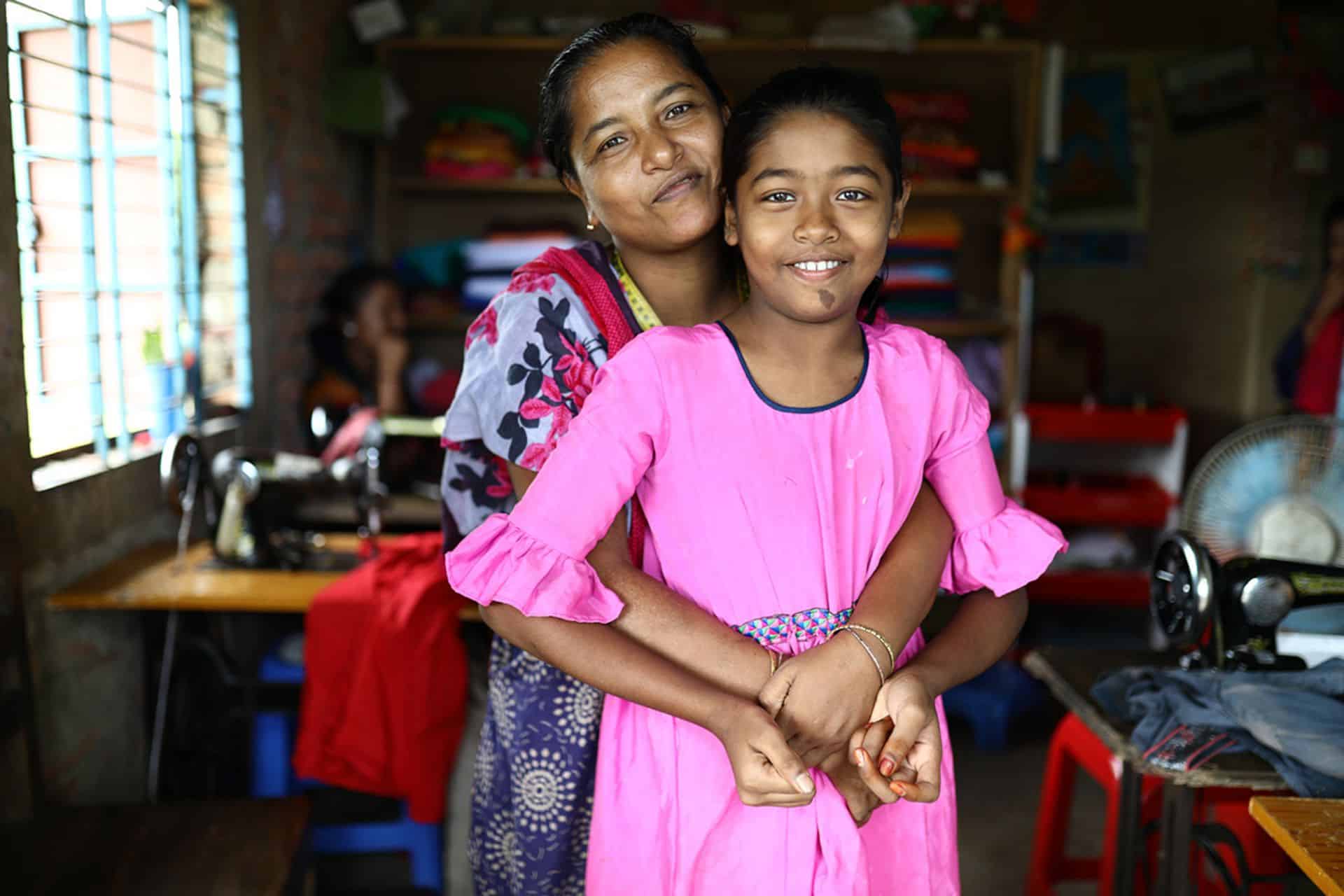
Manju is committed to providing a better life for her daughter, Ishita.
“I want everything for my daughter.”

Manju is committed to providing a better life for her daughter, Ishita.
7
countries where children access
a BRAC education
115K
children learning in early
childhood Play Labs globally
12M
children graduated from
BRAC schools
Creating joyful and inclusive learning opportunities
The poorest and most vulnerable children are the least likely to access quality learning opportunities. Delivering education to marginalized communities is at the heart of our work. We reach thousands of learners who would not otherwise receive an education, including girls, children with disabilities, and remote communities. Through joyful, community-driven approaches, all BRAC students have the opportunity to learn and grow.
In 2019, BRAC kicked off year three of our groundbreaking Play Lab program in Bangladesh, Tanzania, and Uganda, reaching more than 10,000 children. Play Labs offer high quality, low-cost, playful learning opportunities to children ages three to five in underserved communities. Play Leaders, who are young women from the local community trained in play-based pedagogies, facilitate activities and child-led play that support children’s physical development, language development, and critical socio-emotional skills such as self-regulation, empathy, and critical thinking. Play Labs also engage caretakers and communities in parenting sessions and play material development workshops, bringing the core elements of the model into the home to ensure learning happens outside the classroom, too.
This year, BRAC built upon its flagship Play Lab model, initiating a gender-transformative pilot curriculum in East Africa, developing new models for sustainability in Tanzania, and kicking off the Play to Learn partnership with LEGO Foundation, Sesame Workshop, International Rescue Committee, and New York University to bring play-based early learning opportunities to children affected by crisis in the Rohingya refugee context of Cox’s Bazar.
At the primary level, BRAC is also deepening its focus on inclusion by expanding opportunities for learners with disabilities, which constitute ten percent of our students. BRAC schools are adapting curricula, training teachers in disability-inclusive pedagogies, and improving physical access and equipment. We have also opened specialized centers for students with neurodevelopmental disabilities to access quality, tailored learning opportunities.
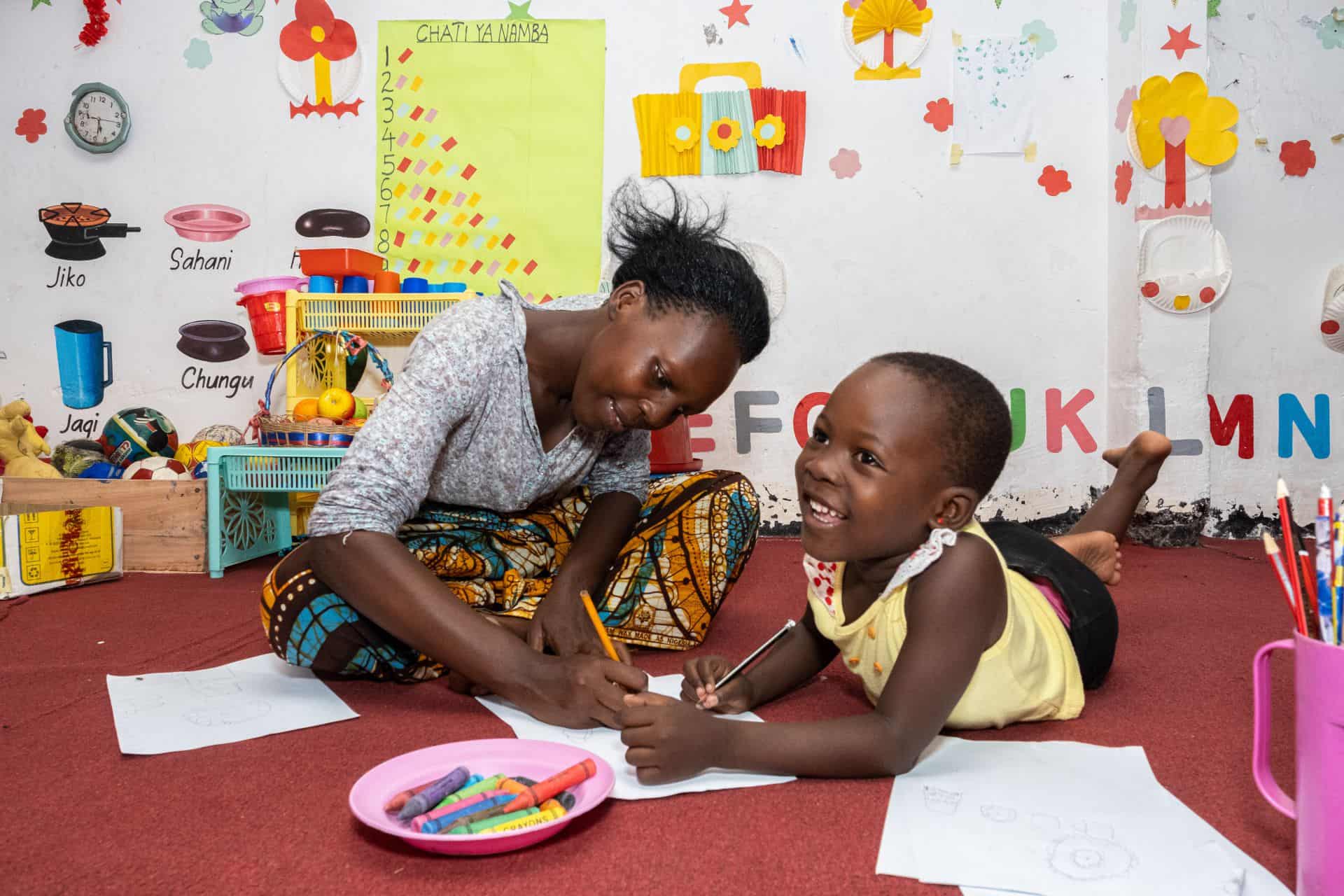
Digital innovation in focus: EdTech
When adopted thoughtfully, educational technology (EdTech) can support inclusive, quality education in vulnerable communities. It offers opportunities to expand learning beyond the classroom, individualize learning pathways, and track student progress. BRAC currently uses tablets in pilot schools to enhance student learning and track a variety of education indicators. In 2019, BRAC explored collaborations with technology partners to expand EdTech offerings and joined a global EdTech research hub in partnership with UK Aid, the World Bank, and others that will examine how to improve the integration of technology into learning.
Accelerating youth empowerment
Young people across the developing world face disproportionate risks and barriers during adolescence that prevent them from making healthy transitions into adulthood. This is particularly prevalent in Africa, the youngest and fastest growing continent. In sub-Saharan Africa, adolescent girls are more vulnerable to poverty, exploitation, and gender-based violence, while all young people face limited job prospects. Without clear economic opportunities, there is less incentive to invest in education and skills training.
To address these challenges, BRAC began updating our youth strategy to reflect the unique demographics of younger, more diverse, and tech-savvy communities, including modernizing our flagship adolescent girls’ empowerment program. The Empowerment and Livelihoods for Adolescents (ELA) program provides safe spaces in communities where adolescent girls and young women can come together to learn, play sports and games, and socialize. ELA clubs are led by peer mentors, who facilitate training on life skills, sexual and reproductive health, financial literacy, and more. The ELA program in Sierra Leone, Tanzania, and Liberia now reflects this approach, and includes a comprehensive set of new materials designed for young women’s empowerment, delivered via smartphones to the mentors.
Part of the redesigned curriculum is a new collection of life skills books, written by local authors, which BRAC commissioned and published last year. Designed for ELA participants in West Africa, the books supplement the new curriculum, navigating topics like forced marriage, early pregnancy, domestic violence, and other key issues that many girls in the program face.
The life skills books are complemented by a set of reports on the labor markets in Liberia and Sierra Leone. The reports provide a powerful analysis of job opportunities for young people in West Africa, and will be used to inform ELA’s revised economic empowerment and employment components. The reports are being shared widely to serve as public goods for governments, NGOs, and communities.
8
countries reached with youth programs
48%
increased involvement in income-generating activities for girls in youth empowerment clubs
80%
of scholars in mentorship program went on to attend universities
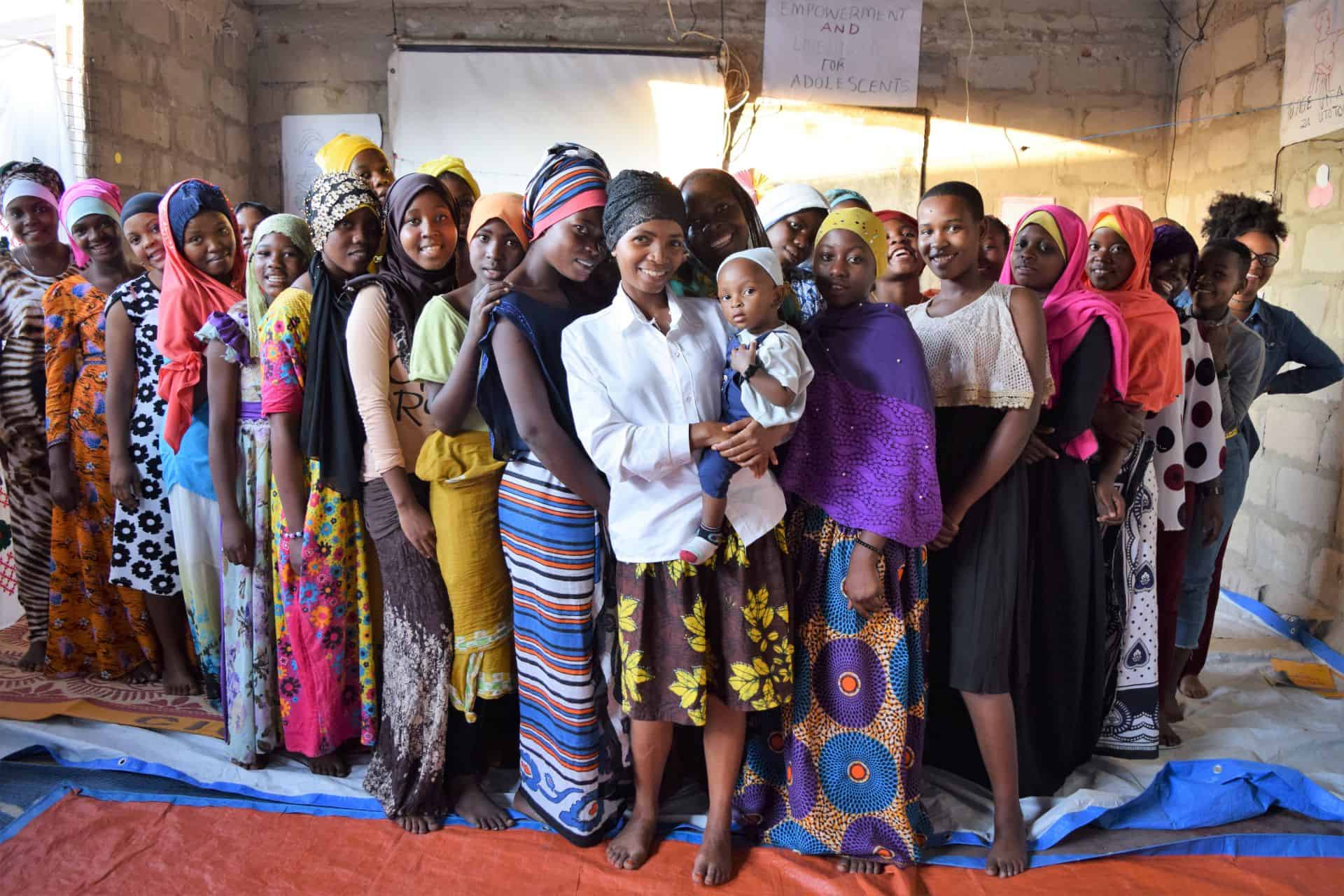
Building a more equitable world
Charles is a former Mastercard Foundation Scholar from Kampala, Uganda. The Scholars program identifies academically strong students who are at an economic disadvantage and connects them to a quality secondary education as well as mentorship opportunities, leadership development, and community service in order to prepare young people to become leaders in their communities. After Charles completed secondary school through the Scholars program, he earned a degree in Population Studies at Makerere University, one of the top-ranked universities in Africa. Now, Charles is pursuing a PhD in Sociology at the University of Michigan, where his research interests include gender, family, fertility, and health care. When he completes his program, he plans to pursue a career in academia and conduct applied research in sub-Saharan Africa to inform policy and advance equity for vulnerable communities around the globe.
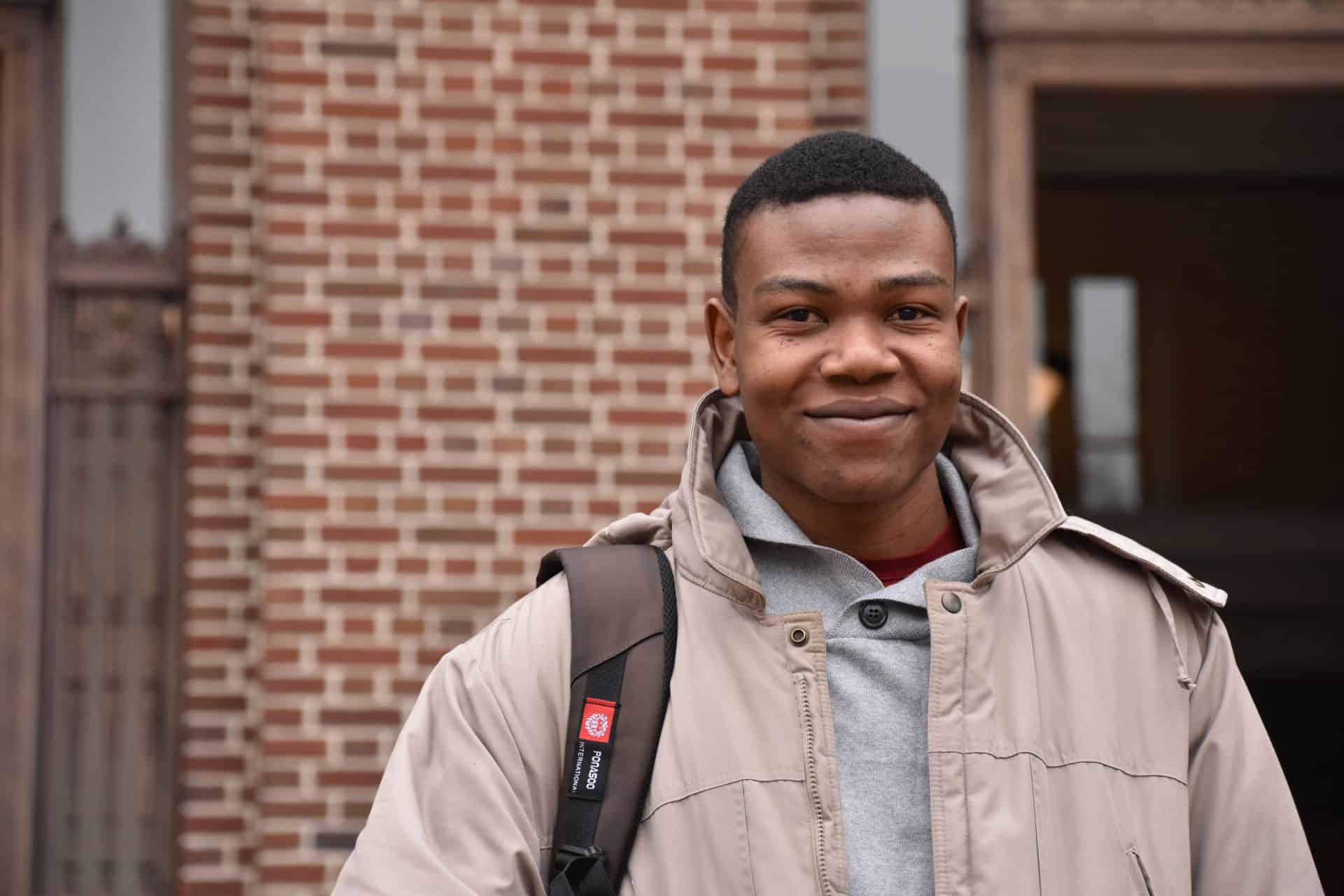
Charles visits the Graduate Library at the University of Michigan.
“I imagine an equitable world.”
Charles attends a research methods course as part of his PhD program.

Charles visits the Graduate Library at the University of Michigan.
Charles attends a research methods course as part of his PhD program.
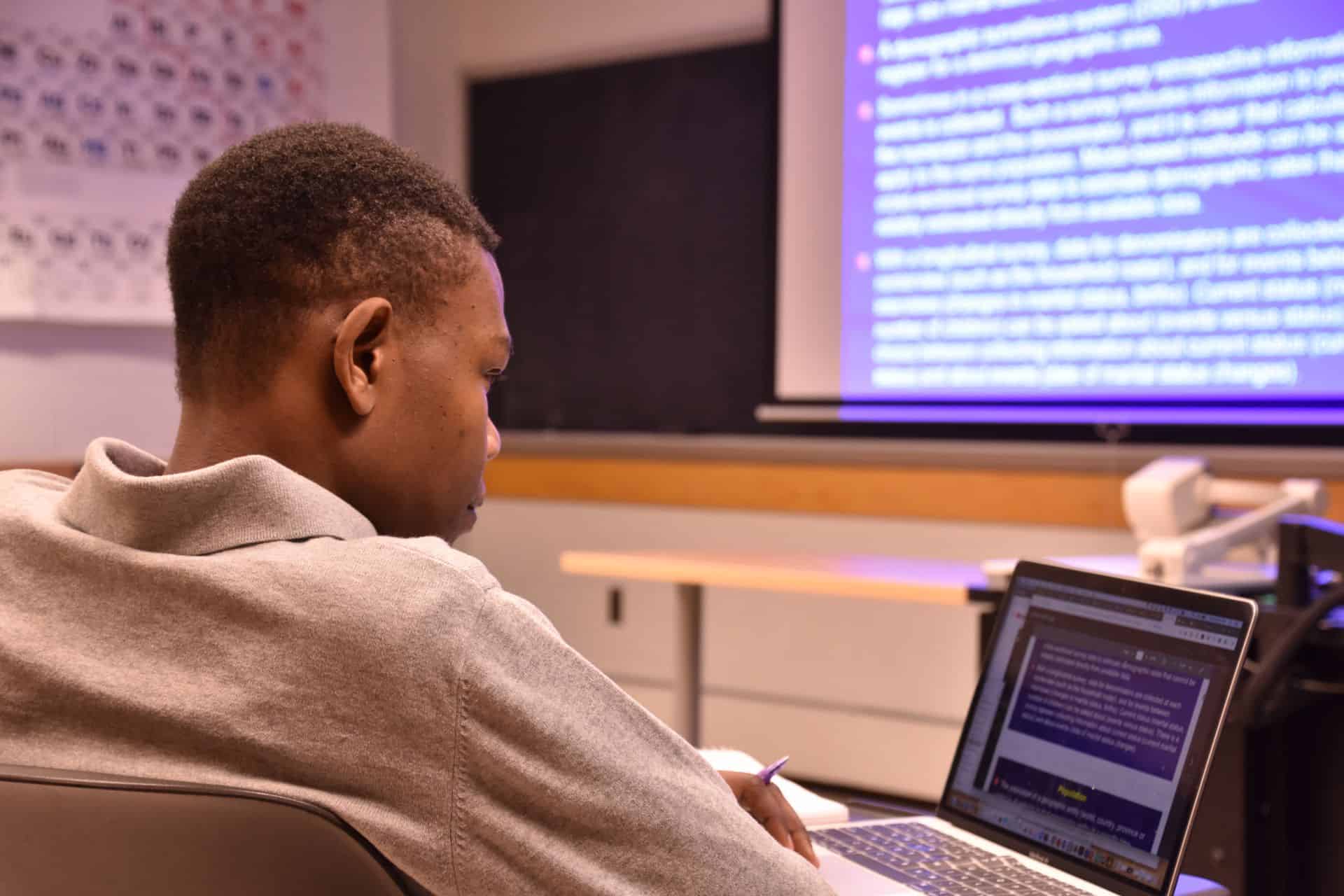
Innovations in financial inclusion
Around the world, people who live in poverty are disproportionately excluded from the formal financial system, which creates compounding costs in their day-to-day lives. This is particularly true for women, who often cannot make financial decisions for their households, but must live with them. To save, weather tough times, and expand their businesses, they must rely on informal loans and cash savings, which are risky, unreliable, and expensive.
BRAC uses a diverse range of financial products to support families to increase their incomes, manage and build assets, invest in small enterprises, and cope during emergencies. Our responsible, tailored financial products build financial literacy and ensure people living in poverty can access the opportunities and support they deserve.
In 2019, BRAC significantly expanded its financial inclusion reach, achieving a new tier of service as a deposit-taking financial institution in Uganda in April and initiating microfinance operations in Rwanda in June. Together, this growth will enable BRAC to reach hundreds of thousands of additional clients with innovative and inclusive financial services.
In Rwanda, BRAC is also piloting a new, app-based system that analyzes anonymized household data on the multidimensional nature of poverty to provide a clearer understanding of the financial barriers facing clients. This mirrors other digital innovations in Bangladesh, including an SMS pilot that makes transactions more convenient for clients and a new suite of services for workers in the ready-made garment (RMG) sector, the backbone of Bangladesh’s economy.
While these digital upgrades provide better quality services, BRAC also instituted a range of new client protection measures. Building on our Smart Certification in Bangladesh, a set of universal standards for client protection, our operations in Rwanda provide a new level of client-centered protection that highlight how responsible financial services grounded in social development can improve the lives of millions.
7M
borrowers
84%
of microfinance clients are women
36M
users of bKash mobile money service
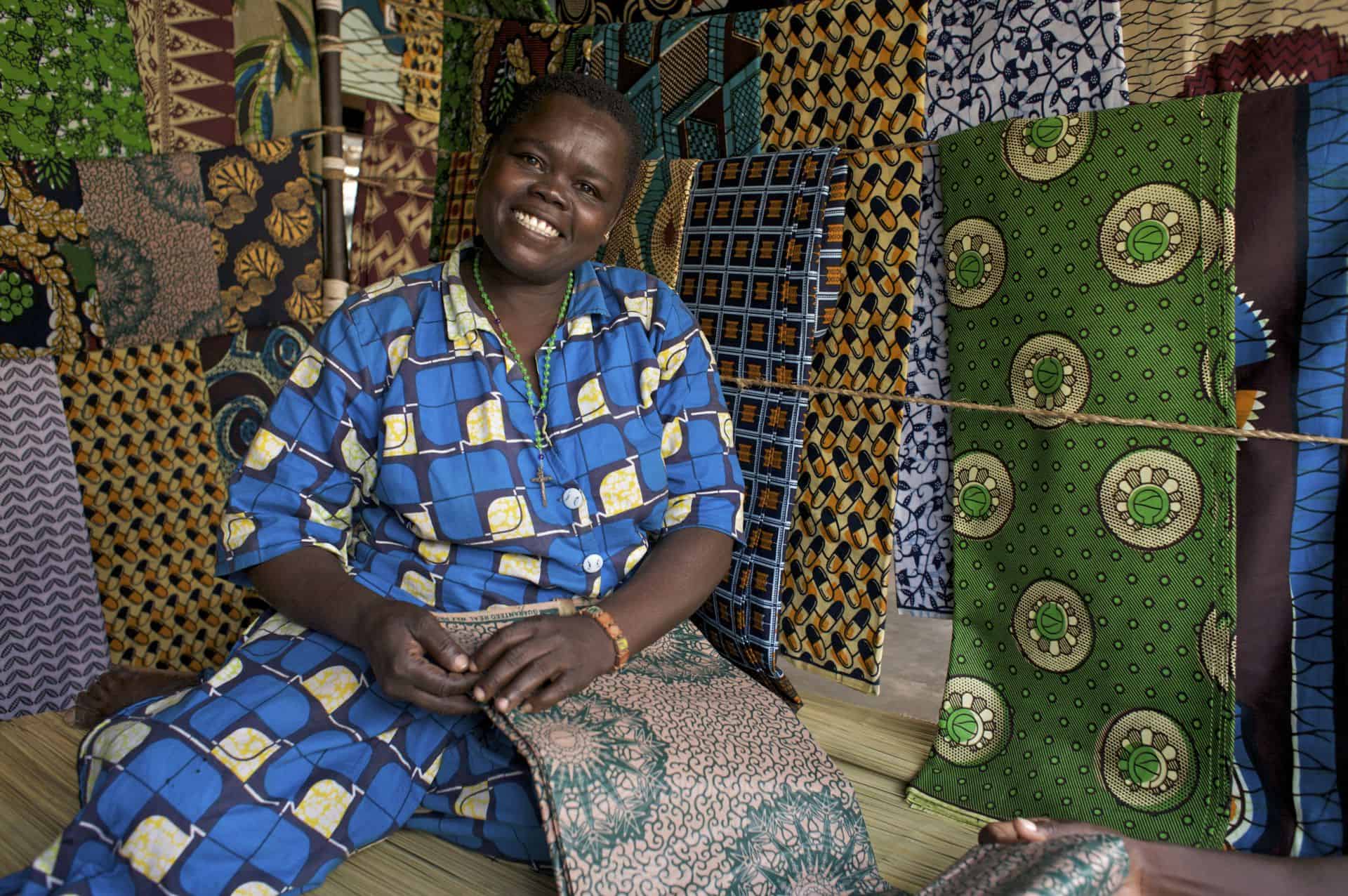
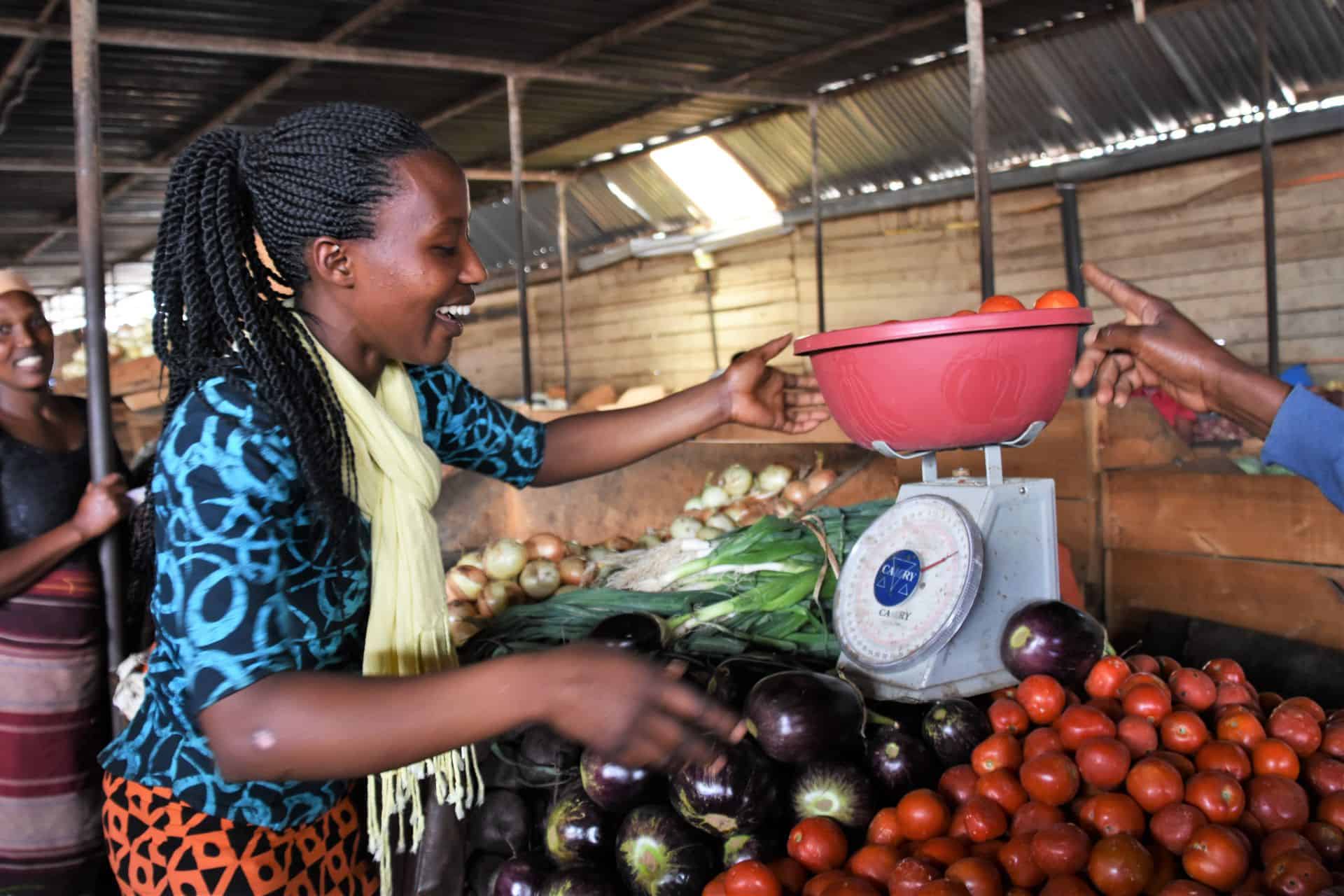
Pascaline sells fresh fruit and vegetables at a market in Muhanga, Rwanda.
Delivering the future
Pascaline is disarmingly direct. “I chose BRAC because the interest was lower than other lenders,” she says. When Pascaline decided to respond to customer demand to include a delivery option at her fruit and vegetable stand, she knew the upfront cost would be high. She needed a loan that wouldn’t carry a high interest rate. With the loan from BRAC, she was able to expand her business, increase her revenue, and set aside more for her family, including her two daughters. She wants a better life for them, and is banking on their education to enable it. “I’m happy when I see them. Just seeing my girls gives me joy.”

Pascaline sells fresh fruit and vegetables at a market in Muhanga, Rwanda.
“I’m good at picking the best produce because my family taught me when I was a child. I want my children to finish school and learn more than me.”
Digital innovation in focus: FinTech
With about half its adult population unbanked and more smartphone users than Canada, Bangladesh is quickly becoming a case study for the potential of financial technology (FinTech). BRAC is increasingly turning to FinTech as a powerful tool to deliver financial resources to those excluded from mainstream services. In Rwanda, BRAC is digitizing its microfinance operations to generate a comprehensive profile of the financial needs of its clients. As this fully digital approach moves out of the pilot phase, it will help BRAC more accurately measure the social benefits of its financial inclusion efforts.
Building rural livelihoods
Smallholder farmers produce 80% of the food consumed in South Asia and sub-Saharan Africa, but they remain one of the most vulnerable groups in the world, on the frontlines of climate change and economic shocks. BRAC’s agriculture programs link farmers to markets, build their resilience to climate change, and boost their productivity, helping smallholders to lift their families out of poverty and improve food security across their communities.
In 2019, our project in Liberia training farmers in climate-smart agriculture and poultry and livestock production began its second year. Farmers participate in training and receive inputs like seeds, tools, poultry, livestock, or feed. Community leaders also train as agriculture or poultry and livestock promoters, regularly visiting farmers to support progress and troubleshoot challenges together. The promoters also earn income through the sale of goods such as animal feed, medication, seeds, and fertilizer.
This year, we also complemented farmer training by filling gaps in the local value chain and connecting farmers to markets. Amid economic challenges in Liberia, BRAC has continued to grow its local seed farm, poultry hatchery, and feed mill enterprises, creating a market of affordable, quality inputs for farmers. BRAC also upskilled local micro-entrepreneurs, training them in business skills and equipping them with more inputs to jump-start their businesses.
In Liberia, where increasing rates of child malnutrition and stunting affect the poorest communities, nutrition education combats malnutrition and builds a market for farmers’ products. BRAC engaged thousands of mothers in weekly nutrition forums and awareness campaigns this year, promoting topics like dietary diversity, breastfeeding, and child nutrition.
Looking ahead, BRAC will continue to reach more families in Liberia with critical services, training 15,000 farmers and reaching 10,000 community members with critical nutrition education by the end of 2020.
6
countries reached with agriculture programs
6K
Liberian farmers trained in climate-smart agriculture or poultry and livestock rearing in Liberia
60%
farmers trained are women
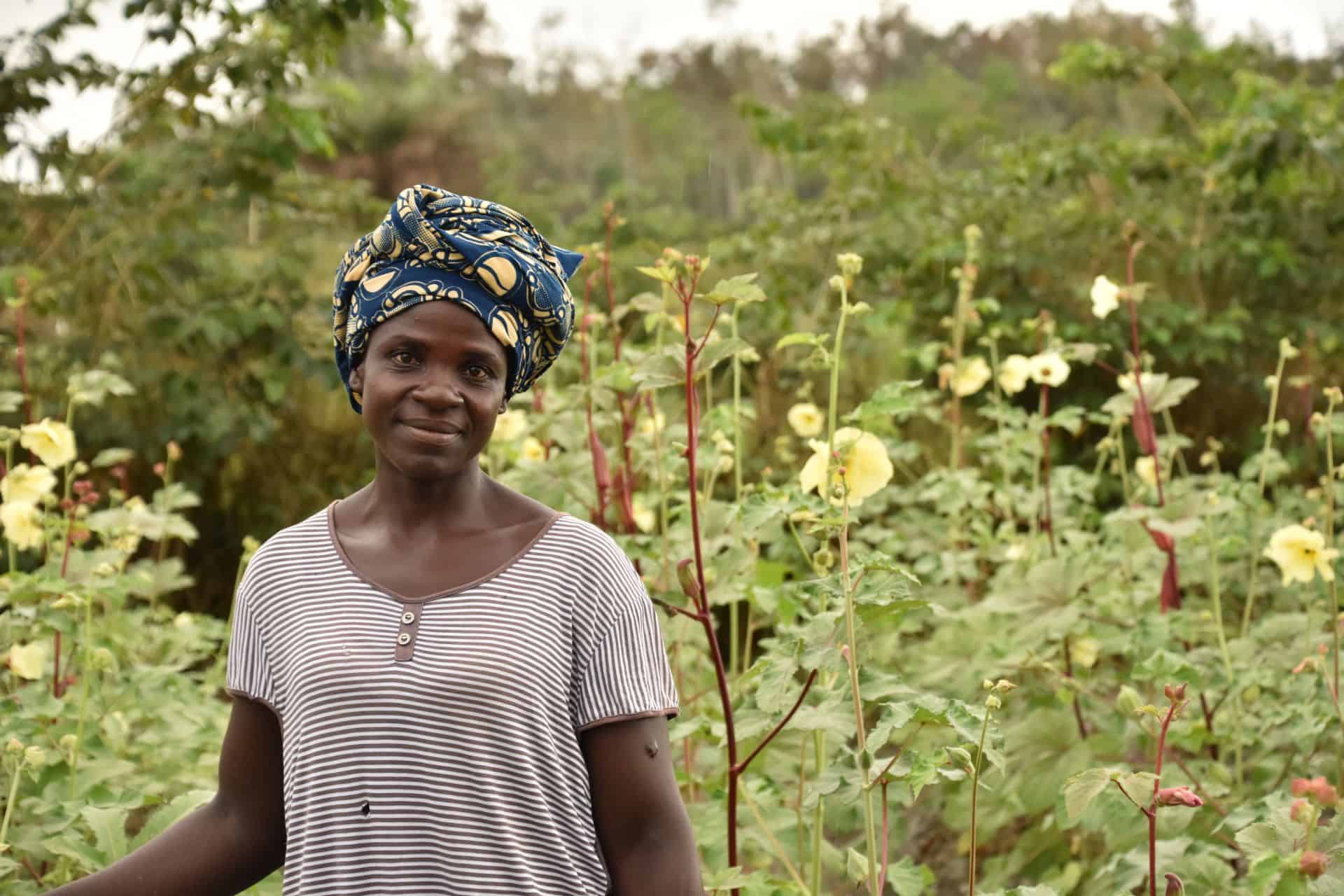
Business runs in the family
Before Daniel started his business, he worked as a farmer. But when he realized the tools he needed were not available in his community, he saw a business opportunity. “I was a farmer before, so I know what farmers need,” he said. Pursuing the opportunity, Daniel enrolled in training in business skills like customer service and marketing and secured inputs to boost his business from BRAC. Today, it is bustling with customers. He has established a loyal customer base and moved his shop into a larger storefront. Daniel’s wife, Rebecca, helps run the business, and they have invested their earnings to build a new house and support their five children. Their children are proud of their parents, and enjoy helping out at the shop.
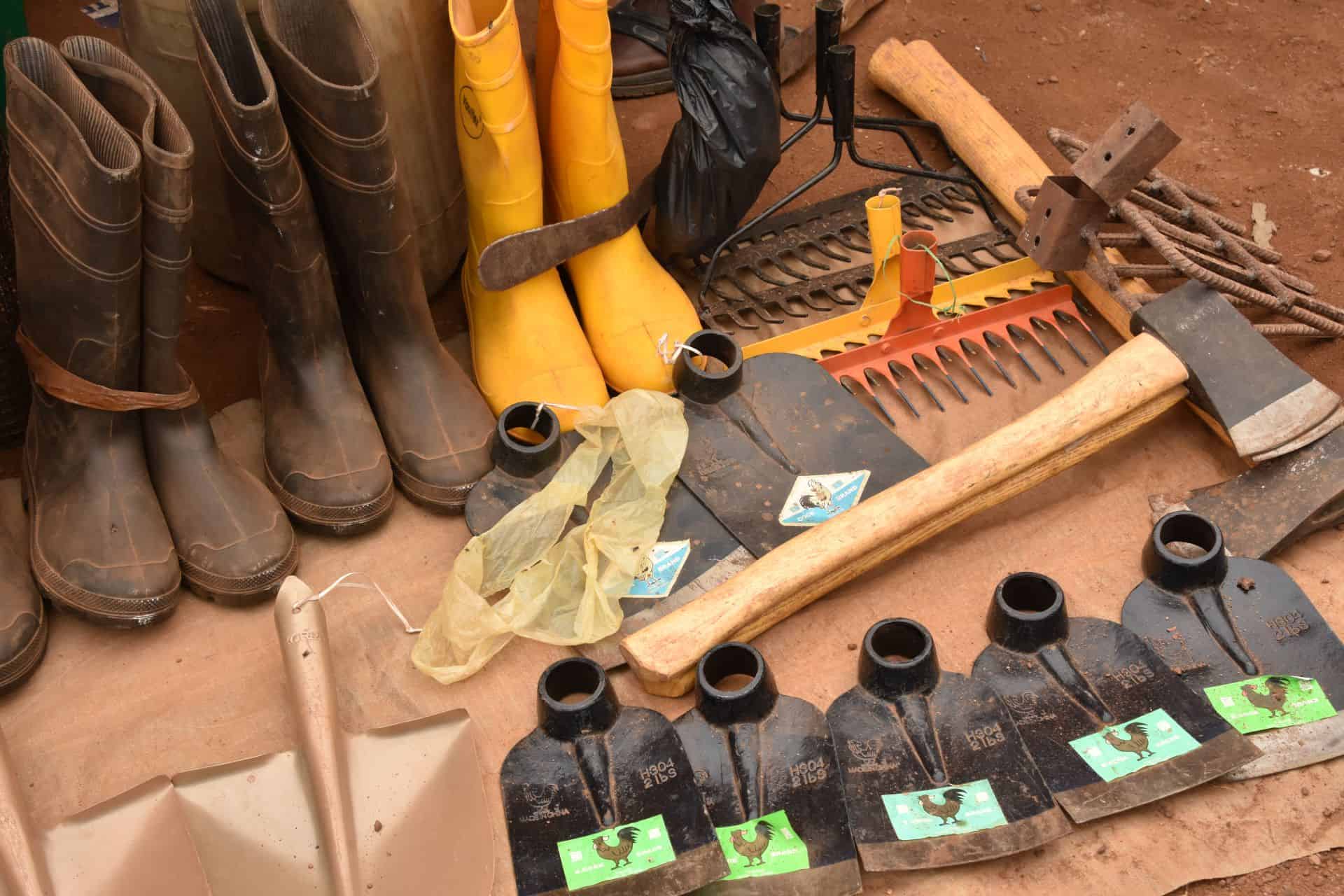
Daniel’s family business supplies tools that are in high demand for local farmers.
“My shop is doing better because of the business tools BRAC provided.”
Daniel, Rebecca, and one of their five children, Neegay, in front of the family shop.

Daniel’s family business supplies tools that are in high demand for local farmers.
Daniel, Rebecca, and one of their five children, Neegay, in front of the family shop.
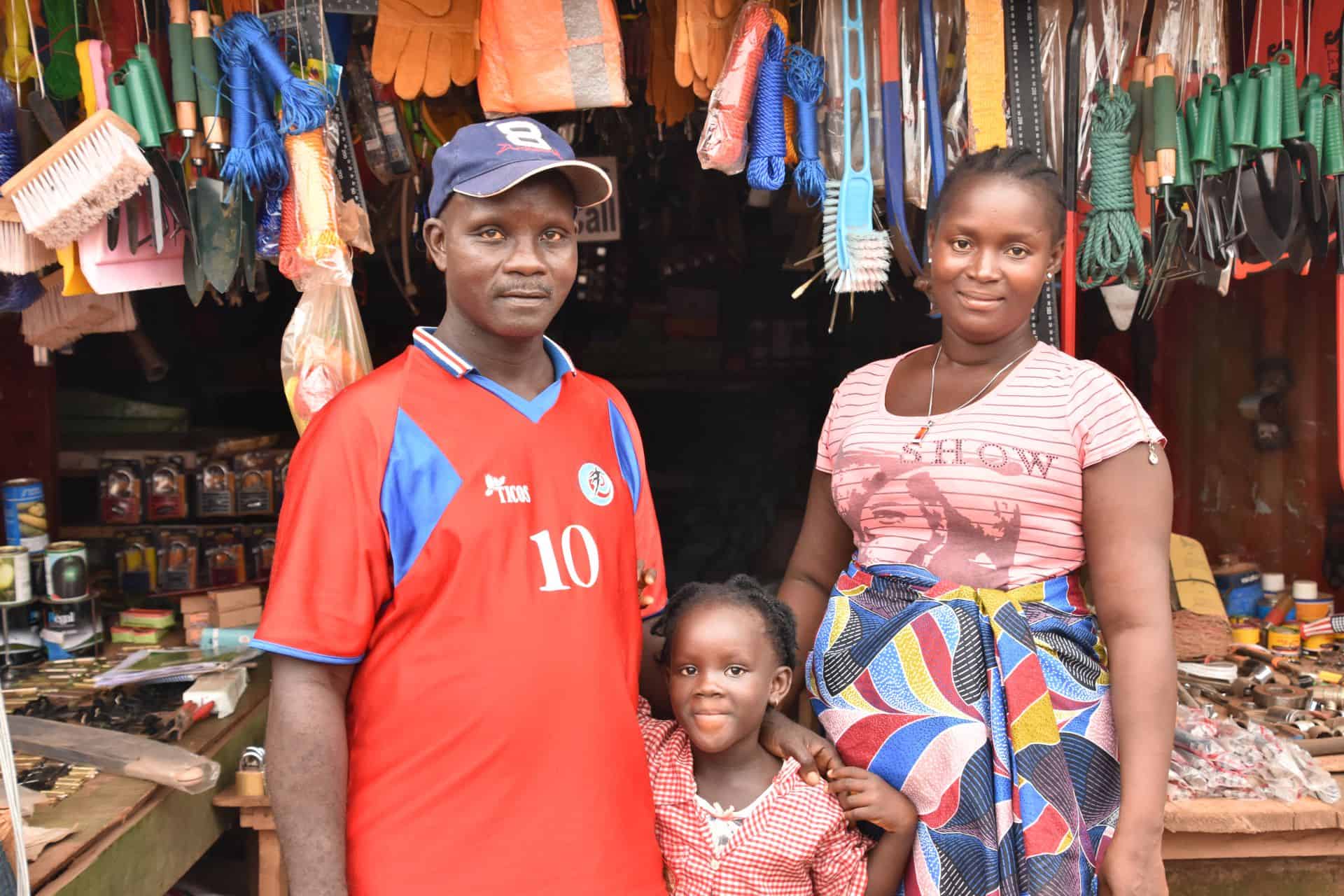
Promoting mental health at the last mile
For decades, BRAC’s network of community health workers have reached millions of people with lifesaving, door-to-door health services. Women are trained to provide basic preventative and curative care in their communities and to diagnose and refer patients with complications. They focus on maternal and child health, infectious disease prevention, family planning, and nutrition promotion, and earn a modest income from the sale of basic health goods.
Recently, BRAC has intensified its focus on mental health, which accounts for a substantial portion of the global burden of disease. Mental health conditions are not confined to rich countries, but their treatment in developing nations is complicated by underdiagnosis and resource-constrained health systems. In addition to their psychological burden, mental health conditions can also jeopardize educational and vocational outcomes when left untreated.
In Uganda, a partnership with StrongMinds is fighting the stigma around mental health and improving access to care through BRAC’s network of girls’ empowerment clubs. Adolescent girls are screened for depression and peer mentors trained to deliver therapy. Following a successful pilot, we initiated a two-year research study alongside the World Bank and George Washington University in 2019, which will evaluate the effect of group therapy on girls’ psychological well being, health, education, and livelihoods.
As we strengthen our mental health work, this research will provide cost-effective, scalable models and inform future mental health care practice in Uganda, Bangladesh, and beyond.
5
countries reached with health programs
50K
community health workers
delivering last-mile care
27%
reduction in child mortality
in Uganda

Special COVID-19 Update
In response to the emergence of COVID-19 and the shortage of personal protective equipment, BRAC temporarily scaled back its community health worker program in Uganda in order to protect the health and safety of its staff and prevent the further spread of the coronavirus. Our health team continued its work, however, finding innovative ways to combat the pandemic. Partnering with the Ministry of Health and Wakiso District local government, BRAC launched a community awareness campaign to disseminate public health messages to rural areas about how to prevent the spread of the virus. Drawing on an existing health platform that connects Ugandans to government health facilities, 50 boda boda riders – a common form of transport in rural Uganda – traveled across about 700 villages playing recorded messages on megaphones, reaching more than 2.3 million people in the vicinity of Kampala. BRAC is responding to COVID-19 in all our countries of operation, leveraging nearly 50 years of experience in emergency and post-disaster settings.
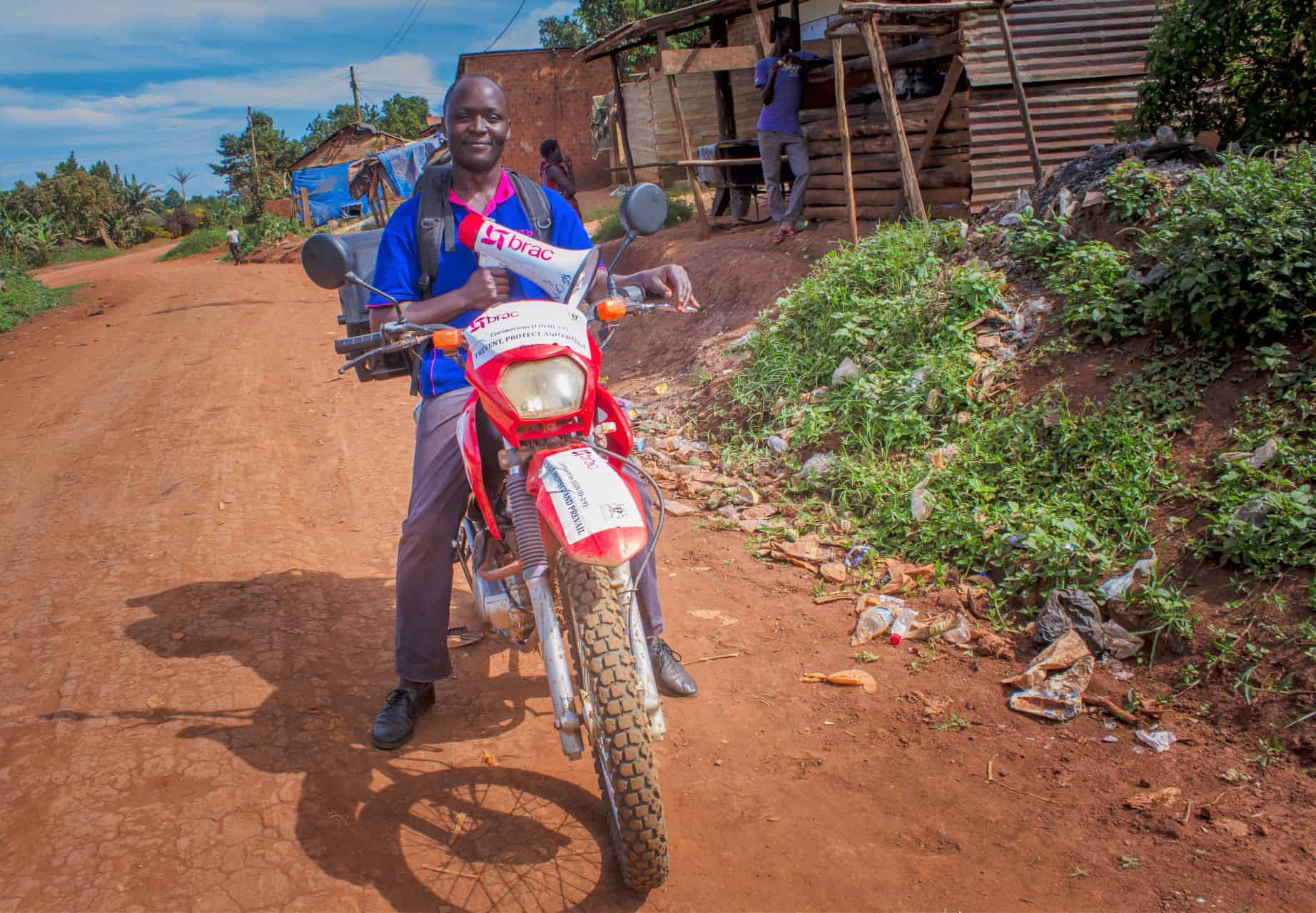
A boda boda rider pauses while traveling between villages in rural Uganda to promote public health messages about COVID-19.
Learn more about our COVID-19 response on our global response website.

A boda boda rider pauses while traveling between villages in rural Uganda to promote public health messages about COVID-19.
Digital innovation in focus: mHealth
In Uganda, BRAC has become one of the largest and most successful implementers of Community Health Worker (CHW) programs in the country, reaching 3.4 million people since 2008. In fact, a randomized control trial assessing the impact of CHWs from BRAC and its partner, Living Goods, found that areas with CHWs had a 27 percent reduction in neonatal mortality and a 33 percent reduction in infant mortality. Building on this success, in 2017, BRAC moved all its CHWs to a mobile health (mHealth) platform, seeking to leverage insights from the digital tool to drive innovation in the coverage, quality, speed, and equity of health service delivery. Over the past two years, BRAC has used data from nearly 500,000 households to improve how CHWs provide pregnancy care and newborn follow-up, and treat malaria, diarrhea, and pneumonia among young children. Looking ahead, BRAC will partner with other stakeholders who can help leverage data science to better equip our CHWs with the tools and expertise to deliver quality-driven care across Uganda.
700K
members of Rohingya and
host community served
160K
children learning through Humanitarian
Play Labs and learning centers
1.3M
outpatient screenings conducted
at health centers
Building a better tomorrow together
BRAC has served communities in Cox’s Bazar for nearly four decades. We responded rapidly when the Rohingya refugee crisis reignited in 2017. Our work began with a focus on life-saving interventions: health care, clean water, and food. As the crisis evolved, we developed an array of comprehensive services that build skills, resilience, and knowledge in everyone affected, in both camps and host communities. Today, we serve more than 700,000 people in the region.
BRAC remains the largest education provider in the camps and settlements, with more than 60,000 children and adolescents enrolled in 750 learning centers. Younger children access safe spaces where they learn, play, and can process trauma. Nearly 1,000 educators have been recruited and trained to provide quality learning focused on basic literacy and numeracy and psychosocial support. Our unique Humanitarian Play Lab model reaches an additional 100,000 vulnerable children.
In 2019, BRAC expanded its efforts to support families affected by displacement with services that build their resilience and support sustainable livelihoods. A partnership with the Ayesha Abed Foundation developed livelihood opportunities for over 300 Rohingya women while training in demand-driven skills like mobile phone repair equips refugees in the camp with the tools to support their families. We also provided over 200,000 people with safe, secure shelters in the camps, continual site improvements such as bridges and roads, and distribution of essential non-food items.
BRAC also restored the living environment and promoted food security across nine camps by distributing vegetable seeds to more than 110,000 households and completing 4,000 training sessions on homestead gardening. From meeting immediate needs to preparing for a better tomorrow, BRAC is committed to working hand-in-hand with the Rohingya and host communities to deliver a more equitable world.

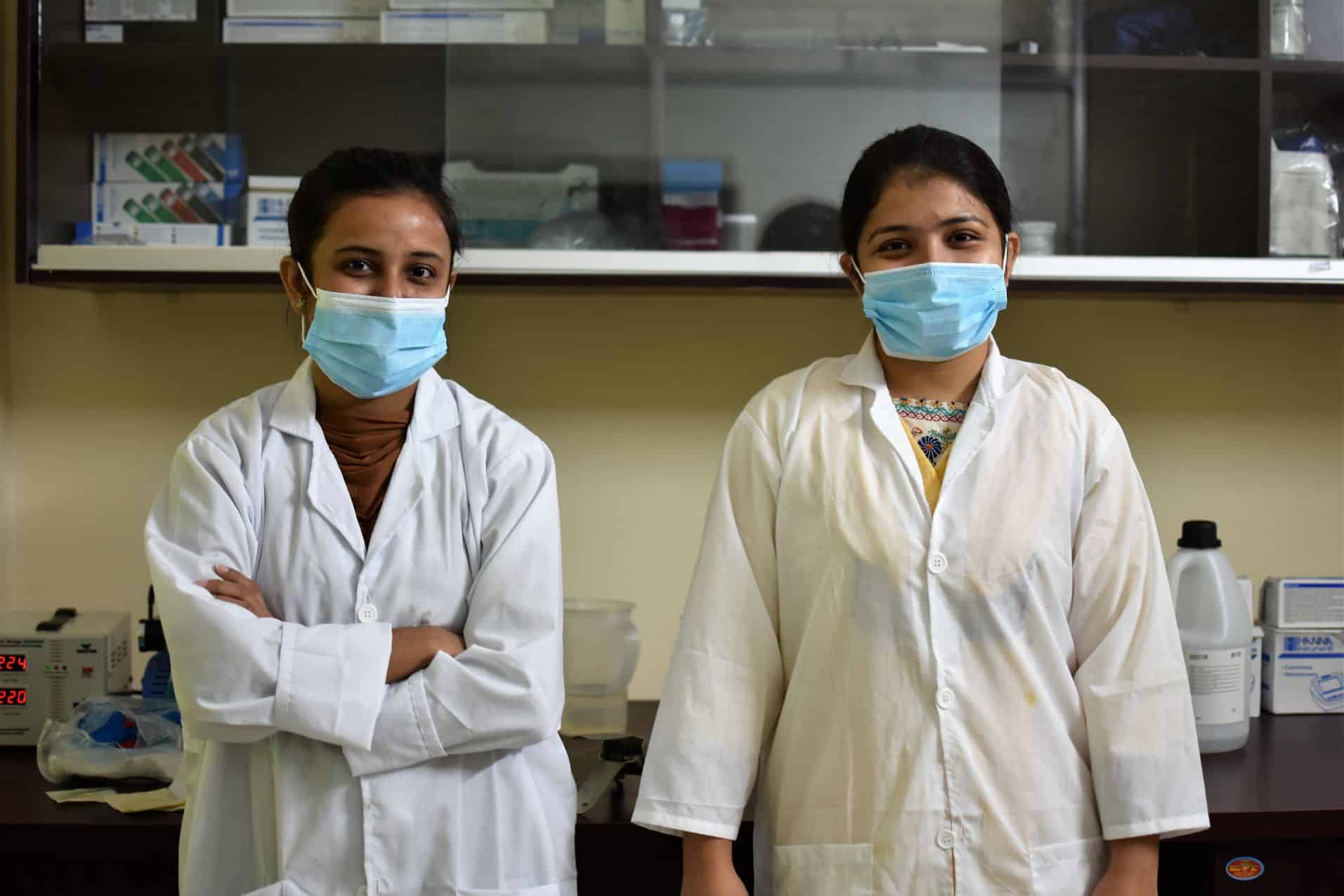
Sayeeda and Noor test water samples from the Rohingya refugee camps at a BRAC testing facility in Cox’s Bazar, Bangladesh.
Clean water in the world’s largest refugee camp
Since the onset of the Rohingya humanitarian crisis, BRAC has played a leading role in the camps and settlements, including in the area of water, sanitation, and hygiene (WaSH). BRAC supports over 370,000 people with integrated WaSH interventions, including through the distribution of 100,000 water purification taps to households. Thousands of refugees, however, continue to rely on unsafe water sources, and repairing them means understanding how they’re contaminated. That’s where Sayeeda and Noor fit in: they manage a new sample testing lab, where they check water samples for salinity, E. coli, arsenic, manganese, iron, and other contaminants. Sayeeda and Noor test dozens of samples every day at their new facility, and BRAC colleagues use that data to identify dangerous water sources, repair others, and construct new taps that are safe. Thanks to Sayeeda and Noor, fewer Rohingya drink water that will make them sick.

Sayeeda and Noor test water samples from the Rohingya refugee
camps at a BRAC testing facility in Cox’s Bazar, Bangladesh.
Learn more about how BRAC supports the Rohingya refugee community at our humanitarian response website.
Sir Fazle Hasan Abed
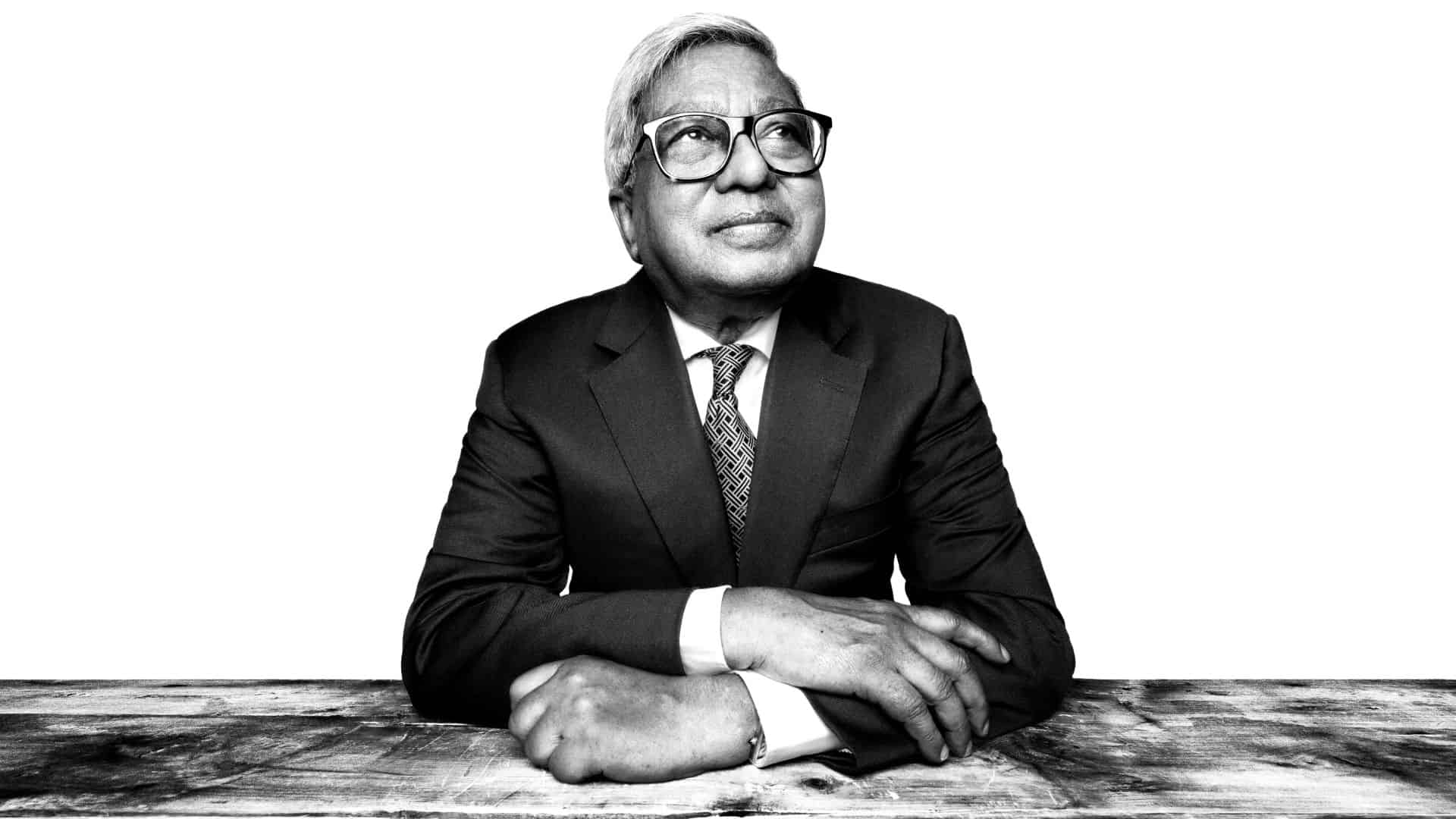
Remembering Sir Fazle Hasan Abed
Sir Fazle Hasan Abed, the beloved founder of BRAC, passed away on December 20, 2019. An icon of international development and pivotal figure in Bangladesh, Sir Fazle pioneered innovations in the sector that changed the course of a country and reverberated around the globe. His belief in the dignity and value of every human being, especially the poorest, has defined the ethos of the organization since he founded it.
Born in 1936, in the Sylhet region of British India, now Bangladesh, Sir Fazle grew up with significant privilege. After studying accounting in London, he went to work as an executive at Shell Oil, where he quickly rose to head its finance division. He would later say his experience at Shell taught him how to run large operations effectively and efficiently.
In the early 1970s, a devastating cyclone and the Bangladesh Liberation War ravaged his home country, dramatically altering the course of his life. Sir Fazle left his job and founded a small relief effort. After the war was over, he returned to a newly-sovereign Bangladesh. He founded BRAC to provide support for the 10 million refugees who had sheltered abroad during the war.
From the earliest days of BRAC to the global organization we know today, Sir Fazle was renowned for his famously dogged work ethic, keen eye for detail, and data-driven approach. Cited by Bill Clinton, Bill and Melinda Gates, the editors of The Economist, and many others for his extraordinary influence on global development, Sir Fazle avoided self-promotion, believing that BRAC’s work should speak for itself.
The organization he created and led for most of his life had historic impact, especially in his native Bangladesh, helping that country rise from the ranks of one of the poorest nations on earth to a lower-middle-income country and a model for successful development. Today, his remarkable legacy persists in the hundreds of millions of people around the world whose lives he bettered.
“Change is also possible through human acts of compassion, courage, and conviction. I have spent my life watching optimism triumph over despair when the light of self-belief is sparked in people.”
—Sir Fazle Hasan Abed
In memory of Abed
“Abed has left. But it is not possible to bid farewell to him. He remains with us as our companion forever. Since the Liberation War he is in the very grain of our society….
It is certainly not an exaggeration to say that there is hardly anyone among the 170 million people of Bangladesh who does not benefit in some way from Abed’s programs or enjoy products and services provided by his organizations.
How can we say goodbye to Abed, who had quietly, even without us realizing it, become such an inseparable part of our daily life.
Economists and researchers from India, Pakistan, Sri Lanka and Nepal always pose a question to me. “How is it that in Bangladesh whatever starts in one location is soon scaled up as a nationwide program? Why does it not happen in our country?”
I give them a standard answer, “Because an Abed is yet to be born in your country.”
Abed has left behind a self-confident Bangladesh. The story of his immense courage, vision and creativity will continue to empower all generations to come.”
—Muhammad Yunus
On my dear friend Abed
“Abed was one of the foremost leaders of thought as well as action of our time.... An astonishing combination of clear-headed thinking and sure-footed execution made Abed the great leader that he was. We have had very few like him in the history of the world.”
—Amartya Sen
He was a great gift to humanity
“Sir Fazle Abed’s life was a great gift to humanity. His nearly 50 years of visionary leadership at BRAC transformed millions of lives in Bangladesh and beyond, and changed the way the world thinks about development. Driven by an unwavering belief in the inherent dignity of all people, he empowered those in extreme poverty to build better futures for themselves and their families.… His legacy will live on in all the people whose lives are better, healthier and more secure because of his remarkable service.”
—Bill Clinton
We will forever draw inspiration from his work
“In 1972, after Bangladesh’s war of liberation had left many homeless, Fazle Abed left his job as a London oil executive and returned to his home country with £16,000 in his pocket - and the ambitious goal of building 10,400 houses. He ended up raising enough money to build 16,000 houses for some of the poorest people in Bangladesh and still had enough left over to start his next project. That’s who Sir Fazle was as a humanitarian, and that’s what he helped us learn about development work: How to build a big, efficient organization, while never forgetting who you were doing it for. We were saddened to hear of his passing and will forever draw inspiration from his work, as will the rest of the world, which he left so much better than he found.”
—Bill and Melinda Gates
His life is a lesson for us
“The scale and impact of what he has done, and yet the utter humility with which he has done everything, is a lesson for every single one of us.”
—Jim Yong Kim
Message from the Chair of the BRAC Global Board
“Unfaltering dedication, focus and work ethic are what we have always experienced in Sir Fazle, or Abed Bhai, as the BRAC family calls him lovingly. He always put others before himself and let his work speak for itself. Even when BRAC attained its global stature, his concern and focus were on the less fortunate in society and those whose potential needed nurturing. He embodied the highest level of integrity, humility and humanity, which continues to be the essential guiding spirit of BRAC.”
—Ameerah Haq
My deepest condolence
“The hundreds of millions of lives he transformed will remember him as the spark of hope, especially by those from the most vulnerable and poorest communities now enriched by new possibilities.”
—Dr. Charles Chen Yidan
One of the heroes of modern times
“I can think of few people who have done so much for humanity as Abed. He was a friend and someone I deeply admired and learned from: While US aid efforts in Afghanistan often flopped, his succeeded. Reflecting his humility, no one called him Sir Fazle. He was simply Abed.”
—Nicholas Kristof
We will never forget the example he set
“Over the course of three decades, under Sir Fazle’s inspiring leadership, the humanitarian organization he founded, BRAC, has become one of the world’s leading development organizations. From its humble beginnings in Bangladesh – the country he loved so well -- to its expansion to 10 countries across Asia and Africa, BRAC has stood as an inspiring example of how we can gather people together in common cause to improve the lives of the most vulnerable…. All of us at UNICEF will miss his ideas and advice. We will never forget the example he set.”
—Henrietta Fore
Donors
$1,000,000+
Anonymous (2)
Chevron
NoVo Foundation
$500,000+
Conrad N. Hilton Foundation
Google.org
$100,000+
Acacia Conservation Fund
Anonymous
Asian Development Bank
Bill & Melinda Gates Foundation
Government of Kenya, National Treasury
Guerrant Foundation, Inc.
Humanity United, with funds from UK aid from the UK government
Laudes Foundation
Open Society Foundations
Sawiris Foundation for Social Development, Egypt
The Horace W. Goldsmith Foundation
TOMS
UNICEF Rwanda
$50,000+
Cisco Systems Inc.
Government of Lesotho, Ministry of Social Development
The William, Jeff and Jennifer Gross Family Foundation
In-Kind
Clark Hill
Jackson Lewis P.C.
Mayer Brown LLP
$10,000+
Anonymous
Branson Family Foundation
Debra Wetherby
Floyd and Charlotte Hale
Fulcrum Foundation
Gail and Gerrish Milliken
George and Michelle Shaw
Government of Guinea,
National Agency for
Economic and Social
Inclusion
Ingodwe Trust
James Carlson
Jill Friedlander and
Michael Goroff
Mark Dexter and Deborah
Cowley
Olivia Leitermann
Quaid Saifee
Ralph and Janice James
Robert Coolidge and
Sumaiya Balbale
Scott and Laura Malkin
SpaandanB
Susan Breyer
Susan Freeman
The Clear View Project
Thomas Franeta
Thomas Pogge and
Lynn Tong
$5,000+
Alex Federman
Anonymous (4)
Aviva and Noam Lockshin
Brian and Heidi Miller
Christina Leijonhufvud
Diane Moody
Donella Rapier and Andrew Pickett
Dr. and Mrs. Post
Dr. Joan Egrie
Emmanuel Crabbe and Kerry Reinertsen-Crabbe
Government of Malawi, Ministry of Finance, Economic Planning, and Development
Ian Smith and Tammy Baltz
Inmaat Foundation
John A. and Joan M. Dietze Charitable Trust
Judith Brown Meyers Fund
Julia Backoff
Leon Lowenstein Foundation
Lynn Stern and Jeremy Lang Family Foundation, Inc.
Nancy and Casey Blood
Quail Roost Foundation
Rao Family Fund
Robert Aliber
Robert and Elizabeth Casey
Robert P. Lorenz and Christine H. Comstock
Sarah M. Hays
Sien Lee
The Gerrish H. Milliken Foundation
Virgil and Pamela Page
$1,000+
Abdul Munshi
Ahmad Bleik
Aimee Mayer-Salins and Michael Salins
Alex Okun
Alexander Bennett
Alexandre Favre
Ali Sayeed
Aliya and Mushtak Khatri
Allison Bell
Alyssa Fine
Andrea Folds
Andrew Bernstein
Ann Geddes
Anonymous (10)
Arefa Patel
Arthur Applbaum
Asim Jaweed
Avi Bhuiyan
Azeez Mohammed
Barr Foundation
Benjamin Baxt
Benjamin Knelman
Bionova Ltd.
Bo Warren
Brendan McDonald
Brian Hegarty
Brian Ku
Carol Bruch
Carol Rubin
Caroline Orlowski
Catherine Winslow
Charles Helm
Christopher Creamer
Christopher Small
Cliff Samaniego
Cynthia Ballard
Daniel Johnson
Daniel Newlon
Daniel Welden
Dave Evans
David and Aviva Lee-Parritz
David Boyle
David Bruscino
David Franfurter
David Frankel
Deanne and Jonathan Ater
Degen Family Fund
Dian Raphaell
Diana Vengsarkar
Donald Ferrin
Donald Vandenbos
Drew Behnke and Chloe Thomas
Edward and Sharon Rubin
Eleanor Hubbard
Elliot Sanborn
Elsa Holman
Emily Quinn Finney
Emma Dorn
Erik Chu
Fentress Waits
Firas Alkhatib
France-Curtis Fund
Francis Lux
Gail Atrip
Gray Family Foundation Inc.
Harold L. Miller Jr.
Haute Hijab
Heilweil Family Charitable Fund
Howard Kanter
Hughes Family Fund
Iian Matthews
Ireta Graube
J. Thomas and Janet Rajala Nelson Fund
James and Roberta McLaughlin
James J. Colt Foundation
James Kilberg
James Torrey
Janet Best
Jascha Hoffman
Jasmyn Joly
Jeff and Jill Eschman
Jennifer Widom
Jim Spain
Joaquin Baca-Asay
John Greene and Tasnim Tanveer
John Hopkins
Johnhenri Richardson
Jon Einar Flatnes
Jonathan Morduch
Joseph and Thomas Pulliam
Joseph Kerrey and Sarah Paley
Joseph Myrtetus
Julia Bent
Julia Darcey
Julie and Thomas Quinn
Karen Cavanaugh
Kathi Thonet
Kausar Yasmin
Ken Girotti
Ken Rawie
Kevin and Nancy Cooper
Kevin McGrath
Kevin Werner
Kirby Kauffman
Krishna Gopinathan and Shuva Mukutmoni
Laura Cummings
Laura Phail
Laurel David
Laurie and Thomas Rieman
Lawrence and Patricia Loo
Leslie and James Eichenberger
Linh Nguyen
Lowell and Linda Dashefsky
Lucia Geglio
Malcolm and Lindsey McLorg
Mamdouh Badawi
Marci Rozen
Maria Scott
Mariam Mahmud
Marium Mohammad
Marlene Somsak and Jerry Burger
Martha and Lincoln Chen
Mary and Patrick O’Meara
Mary English
Mary F. Miller
Matthew Simonson
Maureen McKeough
Megan and Paul Olson
Mimi Wang
Misonara Ahmed
MJK Family Foundation
Mohammad Etminan
Mr. and Mrs. Peter H. Jakes
Mr. Ted Thomas and Dr. Colette Chabbott
Muniba Adil and Mohammed Sattar
Murray Metcalfe
Naimul Chowdhury
Nancy and John Wortmann
Nancy Coleman and Paul Resch
Nancy Rubin
Natalie Wexler
Neil Banga
Nikki Conti-Brown
Nora Whitehead
Norman Goheer
Osman Ashai
Paige Abernathy
Pasquale Dorsi
Patricia Brereton-Miller
Phil Cohen
Punyatoya Mohapatra
Rachel Brown
Rachel Karliner and Neil Binder
Raheel Aziz
Rajesh Philipos
Rakiba Chowdhury
Rasheed Siddiqui
Raymond Conrad
Raymond Gagne
Richard Legg
Robert and Elke Hagge
Robert Coffland and Ellen Moore
Robert Homer
Roger Malone
Roy Beaty
Samiulla Bandarkar
Sandeep Mukherjee
Sara Ransford
Sarah Murray
Sarah Rings
Scott Sherman and Julie Rothman
Seema Khan
Seham Al Husaini
Shabeer Abdul Karim
Shaikh Javed Hussain
Shane McHugh
Steven Crabtree
Steven Sadler
Steven Wish
Stuart Haber and Ellen Matathia
Suzanne Boyer
Syed M. Quadri
Tamer Ibrahim
Tanya Lieberman
Tarek Badawi
Tasnim Rahman
Ted Gannett
Teresita Schaffer
Teva Sienicki and Adrienne Russman
The Clowes Fund
The Franklin Charitable Giving Program
The GE Foundation
The Gelfand Family Foundation, Inc.
The Justin and Minh Fund
The Russell Family Foundation
The Sheppard-Samario Family Charitable Gift Fund
Thomas Frens
Thomas Sherman
Tim and Loretta Little
Tracy Patts
Troost Cemeteries, Inc.
Viena Yeung
Villanova Women’s Professional Network
Vipassana Hawaii
Wendy O’Neill
William HG Fitzgerald Family Foundation
Wolfensohn Family Foundation
Yasmine Sheik
Yu Lun Lo
Zack Schildhorn
Financials
Grants by Country
Grants by Program
Statement of Activities
For the fiscal year ended September 30
| 2019 | 2018 | |
|---|---|---|
| Revenue & Other Support | ||
| Foundations & Corporations | 6,265,797 | 22,665,580 |
| Individuals & Family Foundations | 9,499,026 | 3,936,650 |
| Contributed Services | 65,951 | 179,603 |
| Contract & Other Revenue | 1,559,904 | 1,049,812 |
| Interest Income | 140,872 | 19,898 |
| Total Revenue & Other Support | 17,531,550 | 27,851,543 |
| Expenses | ||
| Program Services: Grants & Contracts | 9,109,973 | 22,539,914 |
| Program Services: Program Management | 4,058,075 | 3,417,800 |
| Management & General | 763,643 | 535,884 |
| Fundraising | 1,016,619 | 785,873 |
| Total Expenses | 14,948,310 | 27,279,471 |
| Change in Net Assets | 2,583,240 | 572,072 |
|---|
Revenues by Source FY 2019
Breakdown of Expenses FY 2019
Audited Statement of Financial Position
As of September 30
| 2019 | 2018 | |
|---|---|---|
| Assets | ||
| Cash & Cash Equivalents | 18,513,184 | 21,045,287 |
| Restricted Cash | 1,253,062 | — |
| Unconditional Promises to Give | 4,377,712 | 8,091,280 |
| Accounts Receivable | 412,098 | 153,811 |
| Prepaid Expenses & Other Current Assets | 82,590 | 122,585 |
| Property & Equipment, Net | 108,769 | 122,508 |
| Security Deposits | 73,141 | 72,422 |
| Total Assets | 24,820,556 | 29,607,893 |
| Liabilities | ||
| Accounts Payable & Accrued Expenses | 1,218,219 | 601,919 |
| Deferred Income | 55,037 | 192,567 |
| Refundable Advance | 1,854,718 | 3,202,827 |
| Grants Payable | 10,522,624 | 17,030,941 |
| Deferred Rent | 119,111 | 112,032 |
| Total Liabilities | 13,769,709 | 21,140,286 |
| Net Assets | ||
| Board Designated Reserve | 1,500,000 | 1,500,000 |
| Unrestricted | 7,865,074 | 4,880,399 |
| Temporarily Restricted | 1,685,773 | 2,087,208 |
| Total Net Assets | 11,050,847 | 8,467,607 |
| Total Liabilities & Net Assets | 24,820,556 | 29,607,893 |
|---|
Get Involved
Spark a light around the world
Stay informed
Sign up for our newsletter to receive exclusive updates about the global fight to end poverty and discover the latest news from our frontline work.
Make a one-time gift
Your support helps ensure that millions of people – Rohingya children, new mothers, smallholder farmers, and more – can take control of their lives.
Become a monthly donor
Your generous monthly gift provides sustainable support throughout the year and enables underserved people to receive consistent access to the knowledge, skills, and tools they need to thrive.
Make BRAC USA your charity on Amazon Smile
You can make a difference when you shop on Amazon. For each purchase, Amazon will donate 0.5% to help end poverty around the world. It only takes a few simple clicks to set up.
Launch a Facebook fundraiser
Harness the power of your online community and amplify your impact. Donate your birthday or start a spontaneous fundraiser to support families in need.